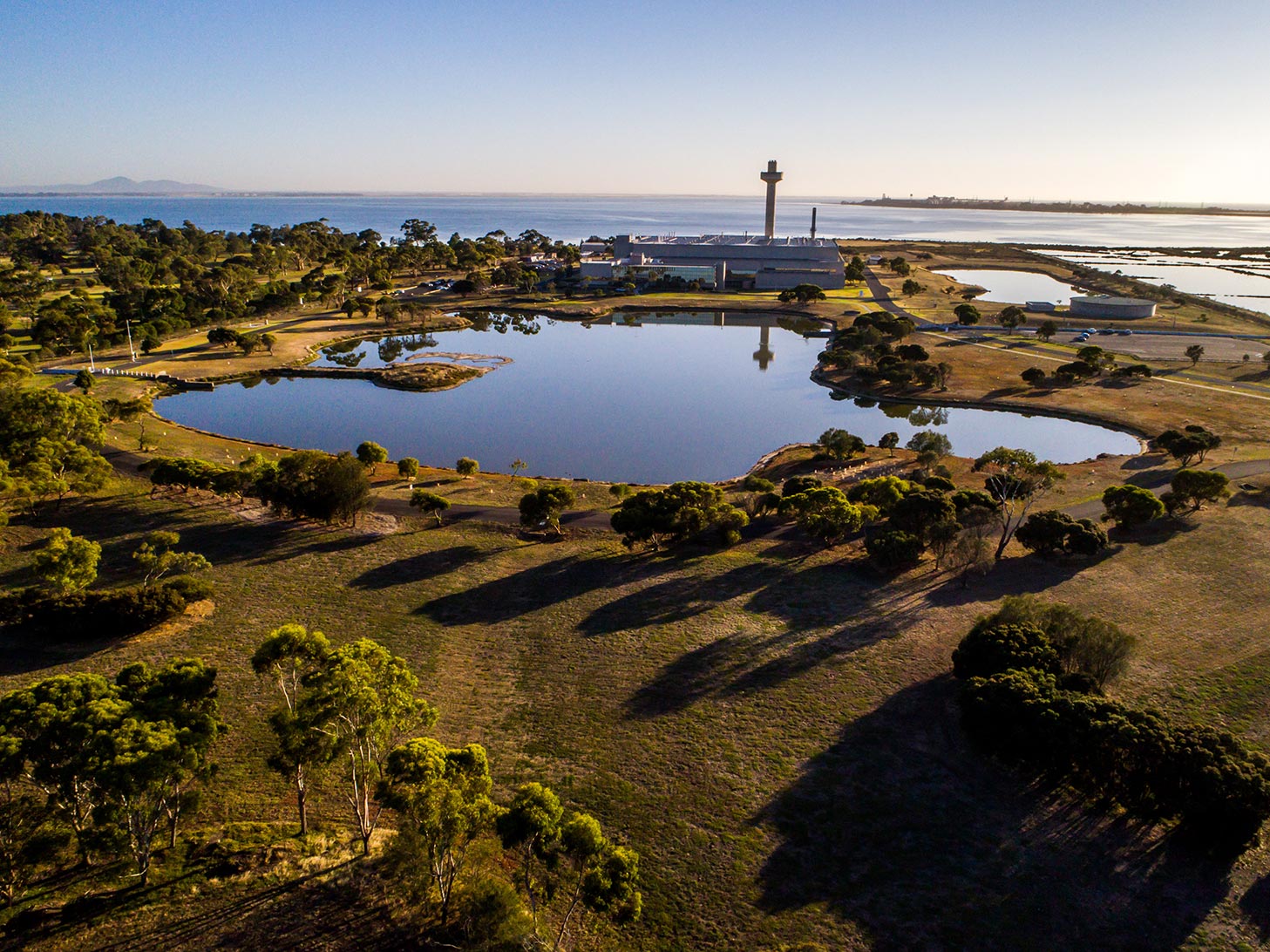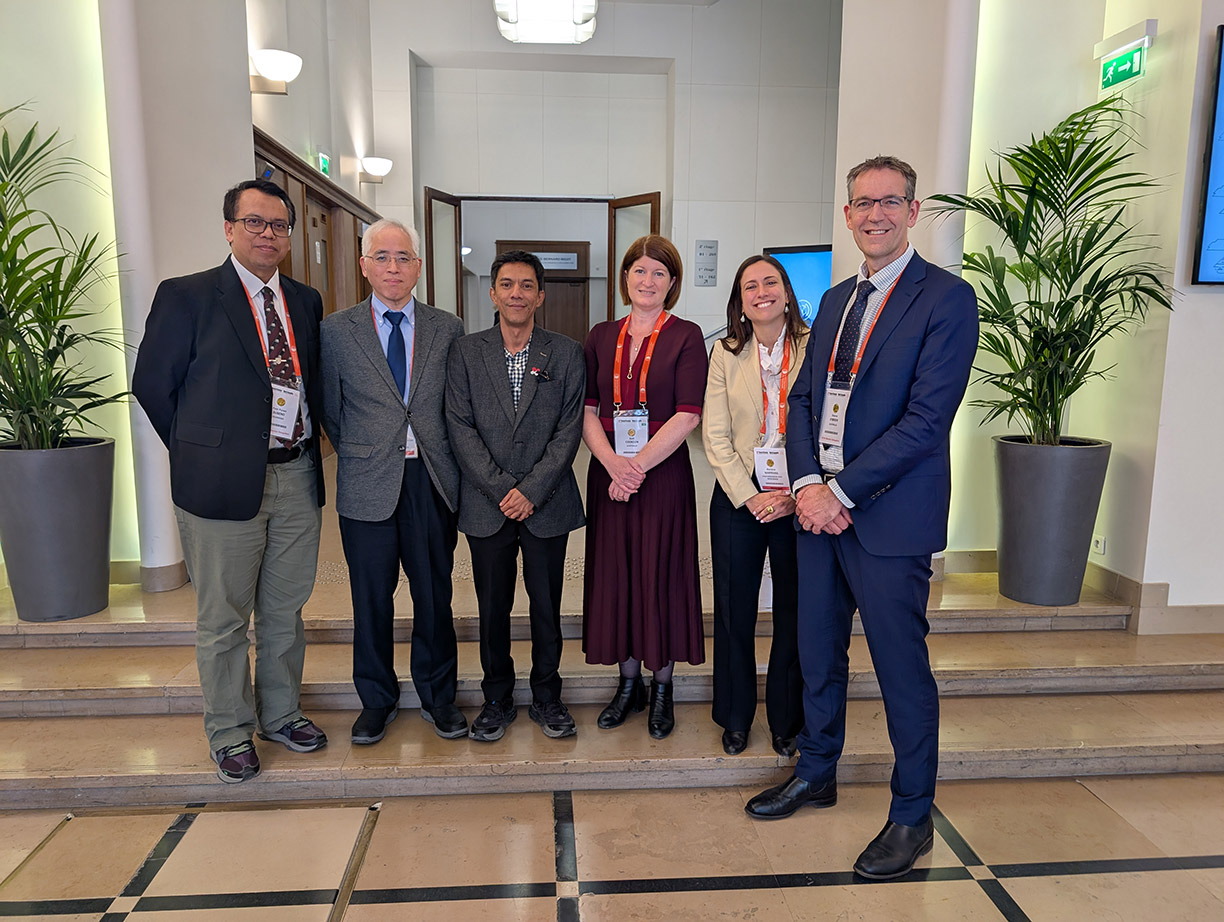CSIRO, Media Release, 30 May 2025
A new avian influenza collaboration between CSIRO, Australia’s national science agency, and Indonesia has gained international recognition in Paris overnight, with endorsement from the World Organisation for Animal Health (WOAH).
The project is part of WOAH’s prestigious Laboratory Twinning Programme and brings together CSIRO’s Australian Centre for Disease Preparedness (ACDP) and Indonesia’s Disease Investigation Centre (DIC) Wates’s laboratory to strengthen the Asia-Pacific region’s response to the continuing threat of avian influenza.
The project is funded by the Australian Government Department of Foreign Affairs and Trade through the Partnerships for a Healthy Region initiative, reflecting Australia’s commitment to health security and regional cooperation.
Dr Debbie Eagles, Director of ACDP, said the project comes at a critical time as highly pathogenic avian influenza strains like H5 continue to pose serious risks across the globe.
“H5 bird flu remains one of the most significant animal disease threats globally, with growing impacts on wildlife, agriculture and trade,” Dr Eagles said.
“By sharing our expertise as a WOAH Reference Centre, we’re helping build a stronger, more connected network for early detection and response.
“This strengthens regional capacity and also supports Australia’s national efforts to protect our own environment, poultry industry and food security.”
The three-year initiative, called BICOLLAB, was formally endorsed at the World Assembly of Delegates during WOAH’s General Session—a key annual gathering of world animal health authorities—marking a significant step in regional biosecurity collaboration.
Australia’s Chief Veterinary Officer, Dr Beth Cookson, said the endorsement was an important vote of confidence in the science-led collaboration.
“This project is about more than knowledge sharing; it’s about building sustainable diagnostic capacity that protects animal and public health across our region. We’re proud to support our Indonesian colleagues as they work toward becoming a WOAH Reference Laboratory for avian influenza,” Dr Cookson said.
Under the three-year initiative, DIC Wates will receive expert mentorship, hands-on training, and technical support to strengthen its diagnostic capabilities, quality systems, and biosafety procedures. The project also promotes international standards, long-term sustainability, and integration into global disease surveillance systems.
Dr Imron Suandy, Director of Animal Health, Ministry of Agriculture-Republic of Indonesia, welcomed the endorsement as a major opportunity for Indonesia’s animal health system.
“Through BICOLLAB, we are enhancing Indonesia’s capacity for avian influenza diagnostics and surveillance through support to the Indonesian Ministry of Agriculture’s Disease Investigation Centre Wates as the designated avian influenza national reference laboratory and ASEAN Regional Reference Centre for Bioinformatics in animal health,” Dr Suandy said.
“Furthermore, this project is enhancing our ability to detect and respond to avian influenza outbreaks more quickly and reliably. This collaboration strengthens not only our laboratory, but the resilience of the entire region.”
CSIRO has a strong track record in this space, having completed three previous twinning projects in Malaysia, Thailand, and Vietnam. BICOLLAB represents the next chapter in CSIRO’s long-standing commitment to science-driven partnerships that improve regional and global biosecurity.
Background
The World Organisation for Animal Health (WOAH) Laboratory Twinning Programme pairs established reference laboratories with developing labs to transfer knowledge, improve technical capabilities, and support sustainable veterinary services. Since 2006, it has fostered stronger global disease control, harmonised diagnostic standards, and enabled rapid response to outbreaks.


